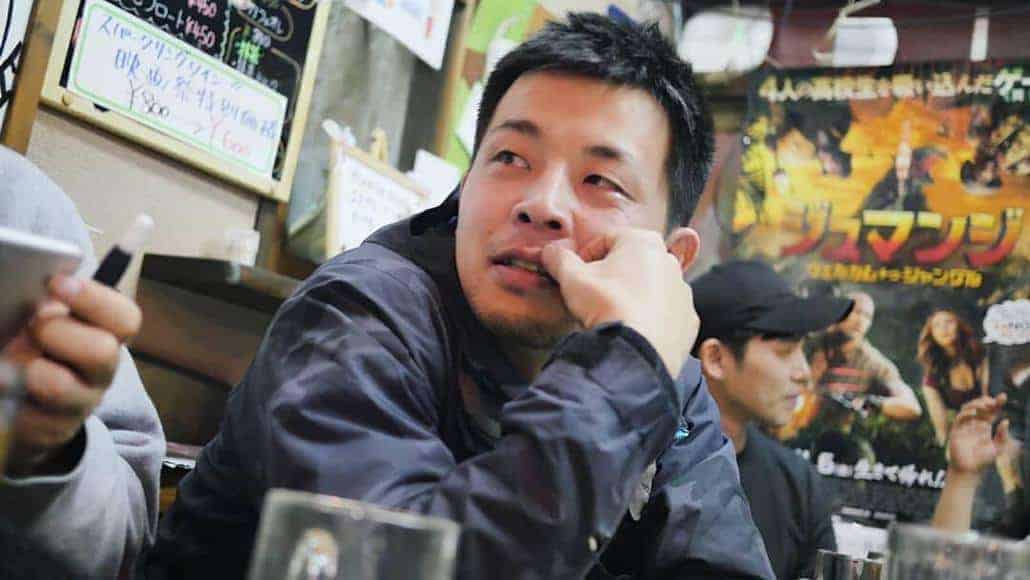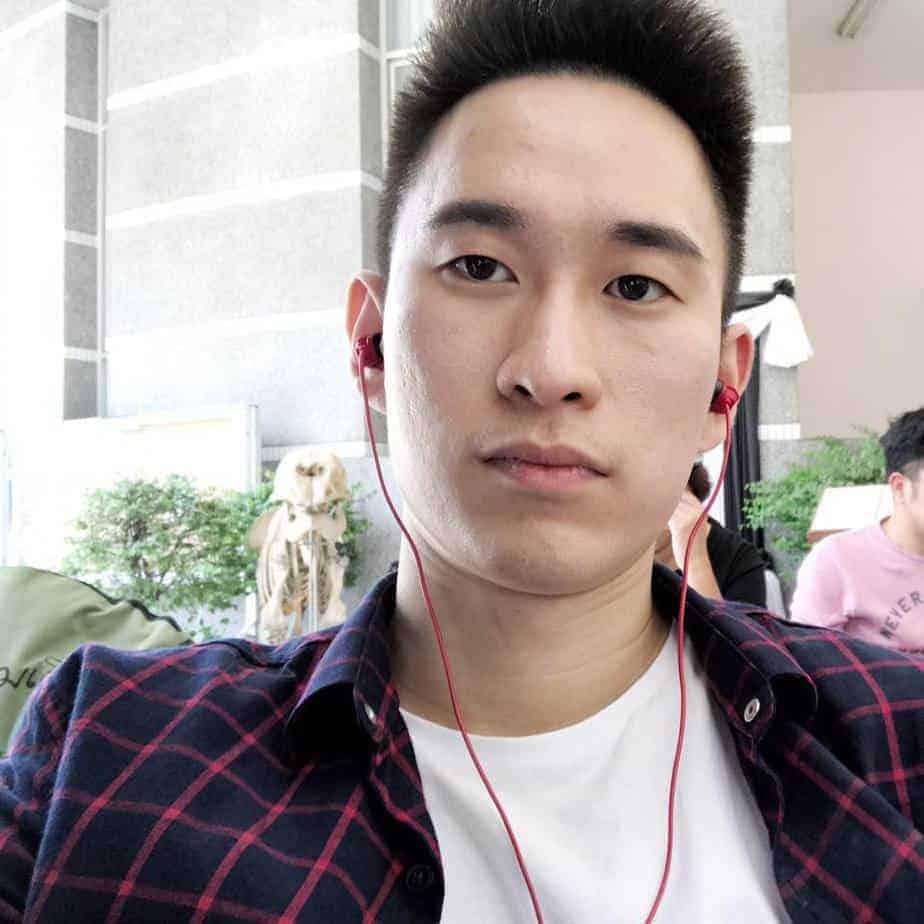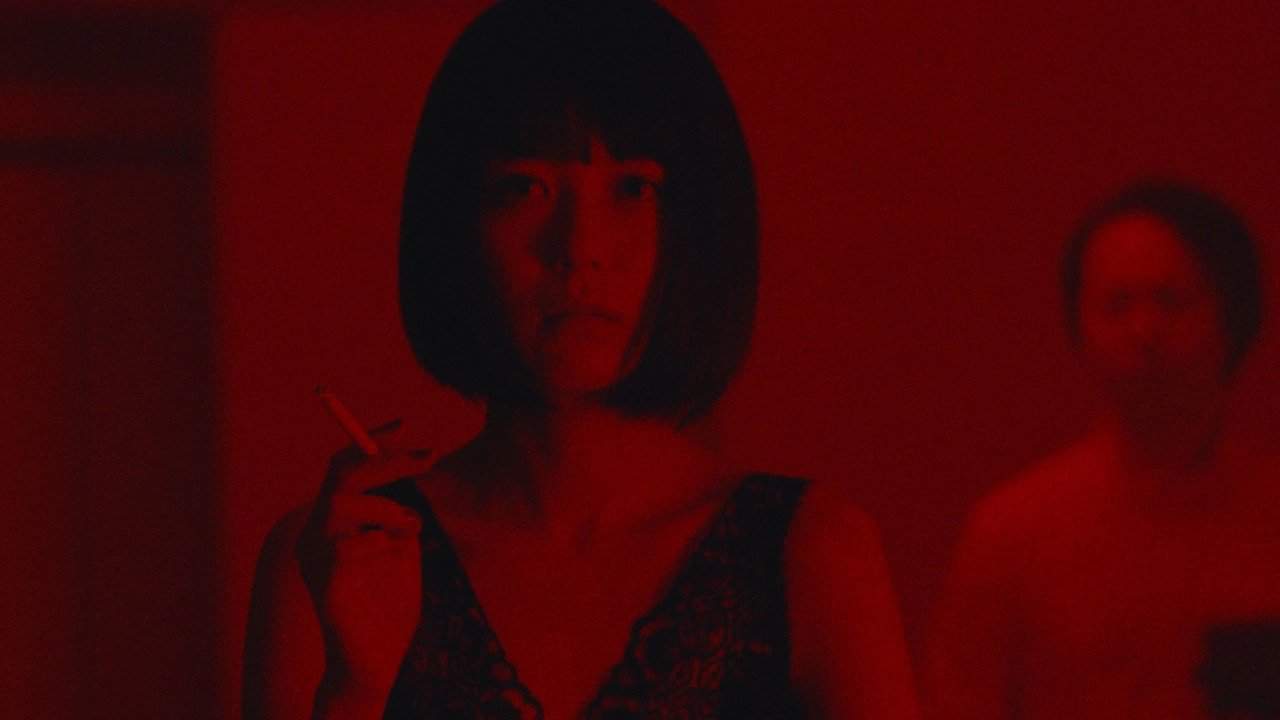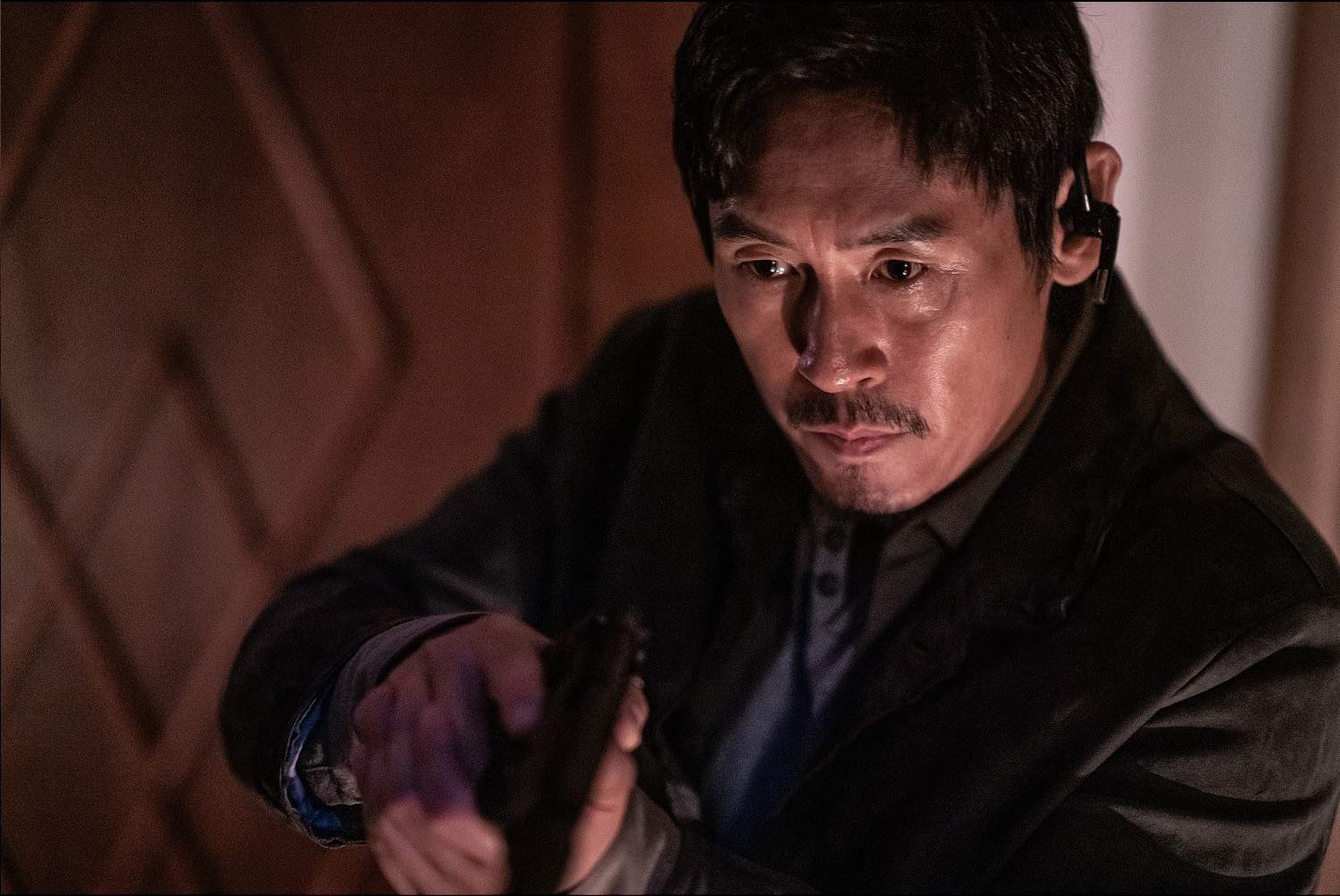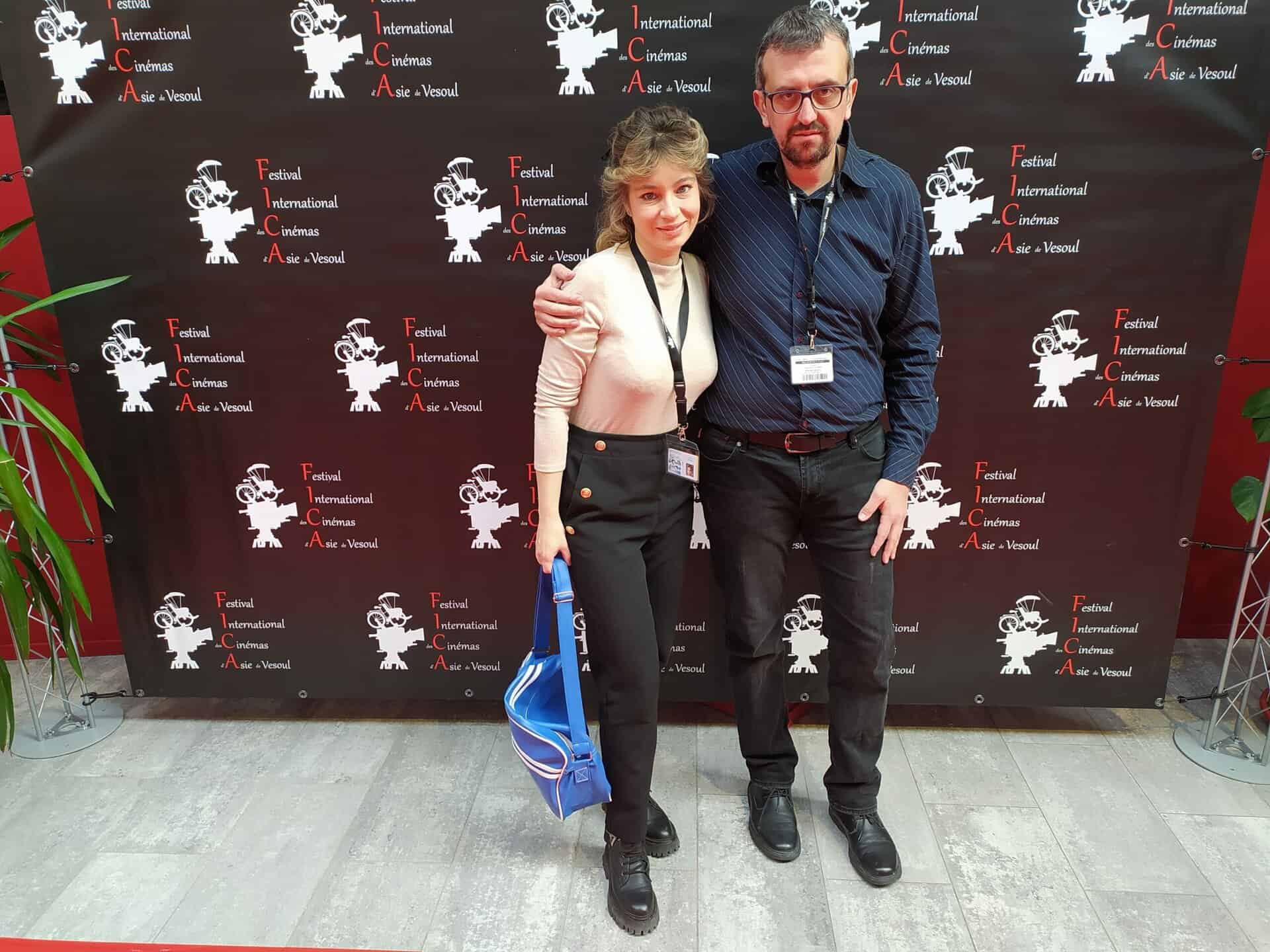‘Lust in a Karaoke Box' – adapted from the writer-director's own stage play, performed by his Tamada Kikaku theatre troupe, this is a story of a group of college students celebrating the election of their new leader at a karaoke box. Friendly and jocular at first, the gathering takes an unexpected turn when something happens, events become increasingly ridiculous. As the night wears on, the situation is transformed into a mire of betrayal and deceit. By the time morning comes, the students face the new day with some regrets. Taiga and Nijiro Murakami join the original cast to bring the film to the screen.
Shinya Tamada – affiliated with Seinendan theatre company before establishing Tamada Kikaku in 2012, for which he is the only writer and director. His stage plays are known for the odd atmosphere he creates with precise and realistic colloquial dialogue, and for his ability to transform the painful memories we all have buried inside into comedy on stage.
The interview was conducted during the 31st Tokyo International Film Festival. The author wants to express sincere gratitude to the good offices of all the Festival crew.
Quite accidentally I had an opportunity to see your play ‘Vacances' last summer and I had an impression that you were under influence of screwball comedy genre where simple situations get increasingly more and more entangled. Both in the theatre play, as well as in the movie, the space is quite limited to nearly one room. As much as it might work well at a stage, didn't you find it difficult to cram all those lampooned situations into the karaoke box?
In the very beginning, I wanted to rewrite the script in order to add more action that was supposed to be happening in several spaces. However, upon consideration, I came to the conclusion that if I did that, the film would lose its flow and structure, so I decided to stick to barely two rooms in the karaoke box. It's difficult for me to make a clear distinction, whether theatre or film direction is more painstaking, however in this case I owe a lot to the operator's skill. As for leading the actors, both theatre and film require similar effort.
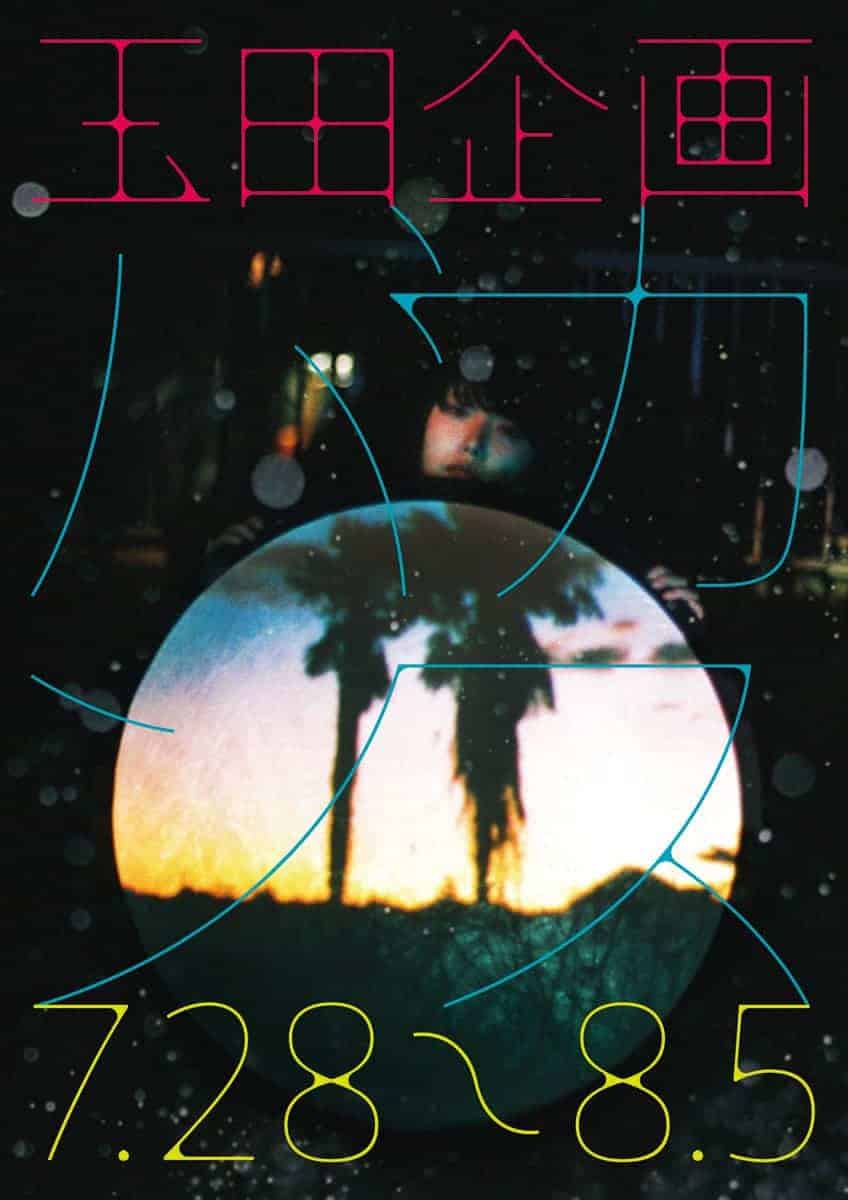
I noticed Daisuke Miura's name, who is considered to be one of the most important playwriters of his generation, in the film credits. Could you tell me about your relation with his works?
I wrote the original script as the director of Tamada Kikaku, however there is a play by Daisuke Miura called ‘Otoko no yume' (‘Man's dream') which tells a story about a karaoke box, so I won't hide it had been a sort of inspiration for me.
How about well acclaimed ‘Lover's Whirpool'?
Well, Daisuke Miura is certainly a prominent figure, that has been thoroughly influential on me, nearly all of his works, so as to say. As for ‘Lover's Whirpool', when shooting ‘Lust in the Karaoke Box', I was however more inspired by Hitoshi Ône's version more than the one directed by Miura himself.

There's a popular colloquialism ‘yarisa' (students' circle male attenders of which enroll in there precisely in order to make a pass on a girl and then sleep with her). Did you actually mean to portray one of such promiscuous gatherings in the movie?
One might call it ‘yarisa'. Actually, when writing the script I bore that word in mind, since there have been a number of incidents and scandals in Japan revolving guys who lured girls at a students' club, made them drink sleeping pills and then raped. Those circles got banned, the perpetrators caught and put on trial. In the movie, we find ourselves one step before that kind of a tragedy…
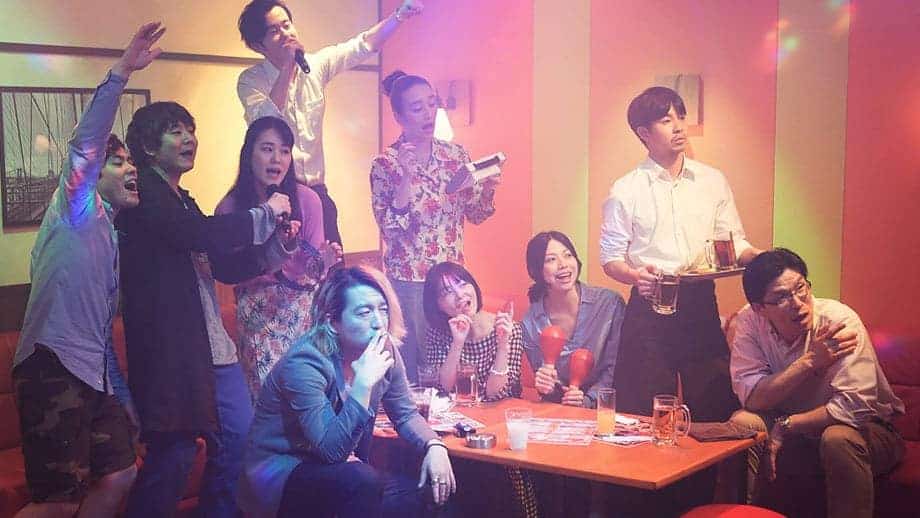
One of the male characters is in his middle 40s. Are there many students in that age in Japan?
Actually, there are quite a few students like that who decided to quit company and turn over a new leaf in order to acquire higher education. Even at my university's class we had such a person. They usually sit in the very first row and are much more diligent than average students, which might also result in their ostracization from the rest of the classmates. ‘
What are your plans for the future? Do you intend to focus more on theatre or cinema, or perhaps you will continue to do both at one time?
Recently I was really into filming and there are also other pieces of drama and literature I would like to make into a movie. I believe that there are certain playwriters that really deserve to have their works put onto the big screen. Meanwhile, I continue directing at Tamada Kikaku, but I don't have any plans of filming my own theatre dramas. However, who knows, maybe that might be an efficient way of self-progress, since when you do both, it tastes even better.



